11 Reasons You Seriously Should Be Drinking More Water
Yeah, yeah. You’ve been told many times that you should be drinking more water. Growing up, your mom would insist that you eat your vegetables and drink water. In school you learned about the food pyramid and how many glasses of water you should drink every day. Your doctor has instructed you to drink water on a regular basis.

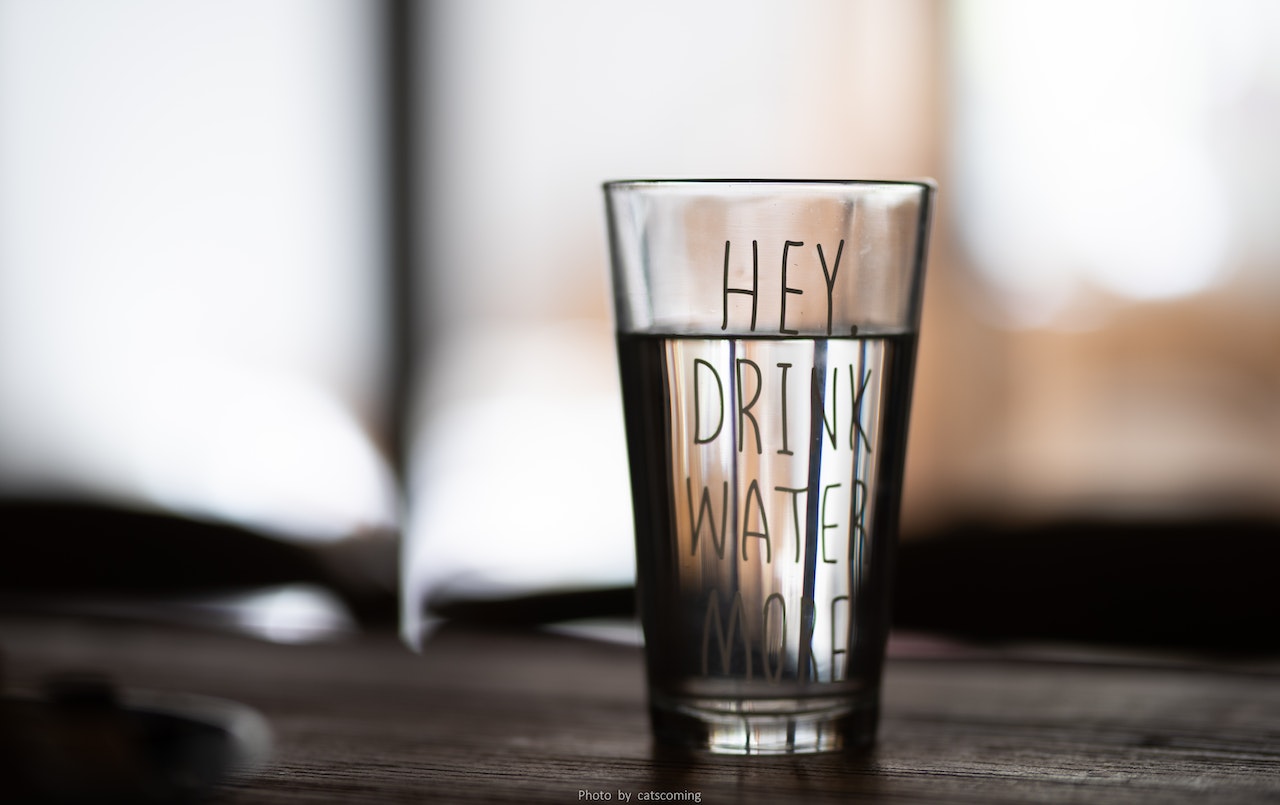
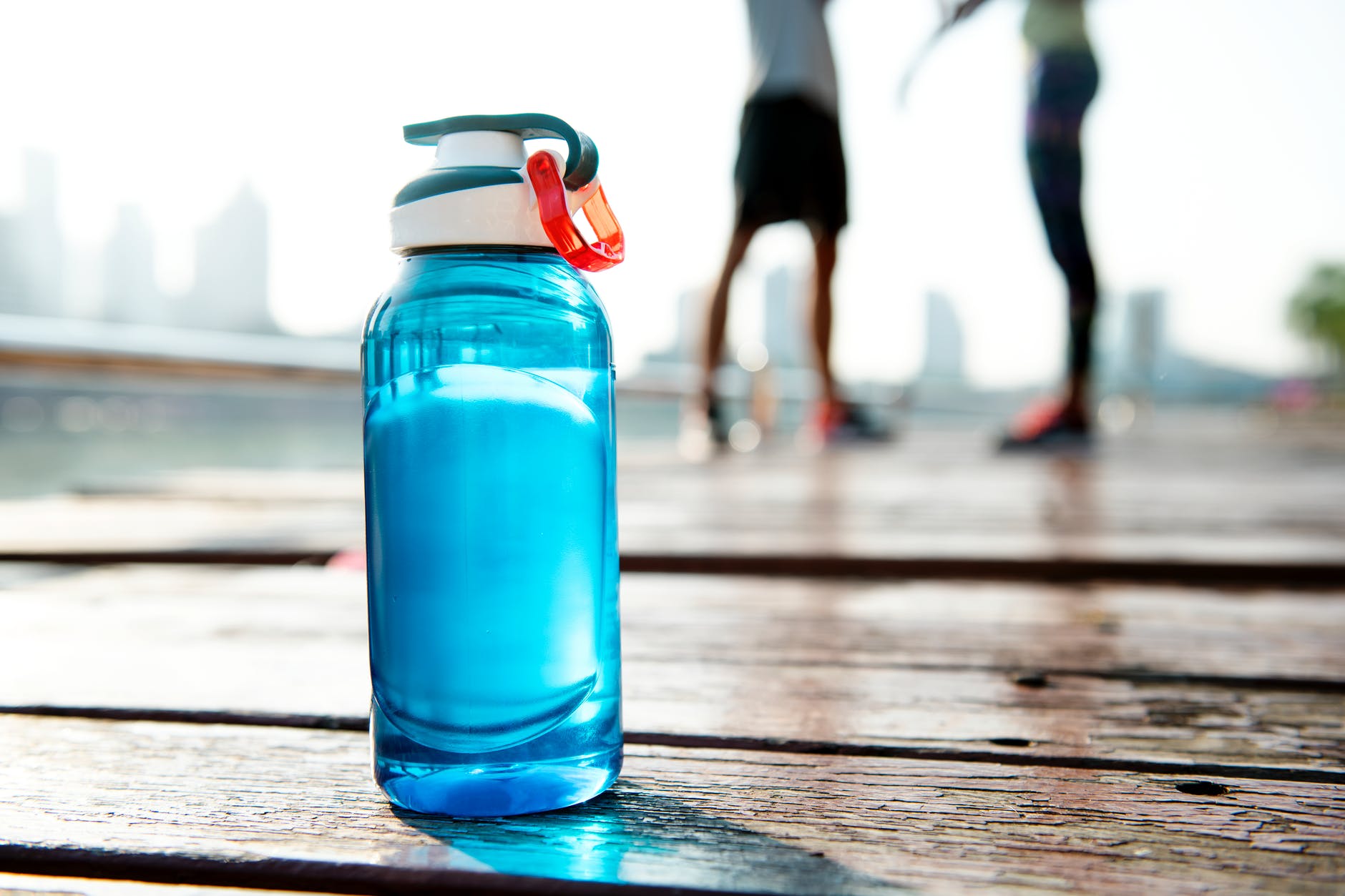
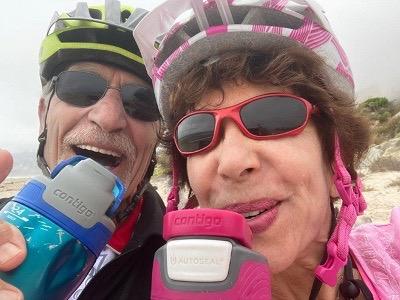 In seniors, illness and medications may further reduce thirst or increase urine production. Older adults are at increased risk of experiencing heat stroke or urinary tract infections.
In seniors, illness and medications may further reduce thirst or increase urine production. Older adults are at increased risk of experiencing heat stroke or urinary tract infections.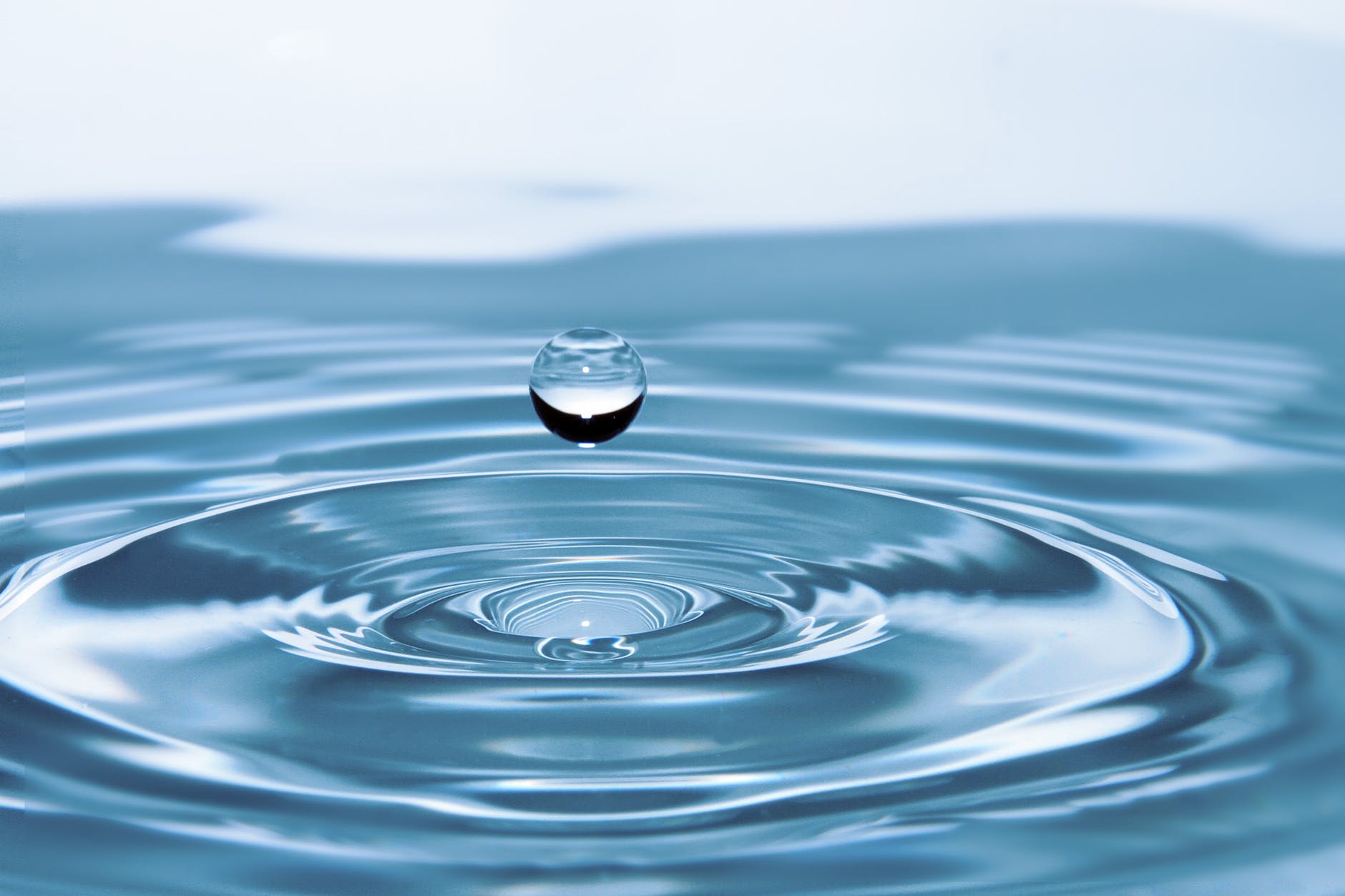
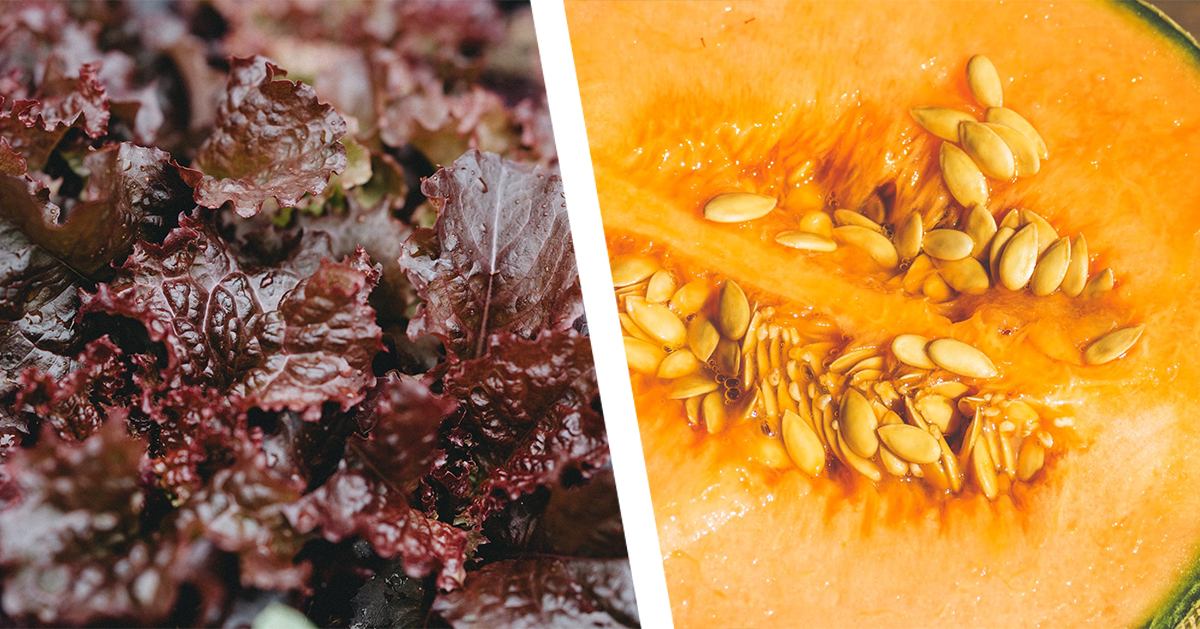





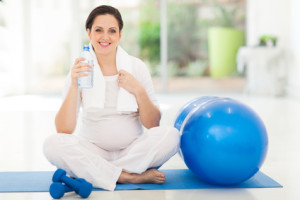 Whether you exercise or not, hydration is still an important factor in everyday life. Our body is an intricate matrix of systems that work together so we can function properly. If one of those systems is off, it forces the remaining systems to work harder. It’s like riding a bicycle with a poorly lubricated chain. In order for the bike to progress forward, one would have to pedal harder and faster than if the chain was well lubricated.
Whether you exercise or not, hydration is still an important factor in everyday life. Our body is an intricate matrix of systems that work together so we can function properly. If one of those systems is off, it forces the remaining systems to work harder. It’s like riding a bicycle with a poorly lubricated chain. In order for the bike to progress forward, one would have to pedal harder and faster than if the chain was well lubricated. But this still leaves one question unanswered: How much
But this still leaves one question unanswered: How much 

 • Water is the solvent for biochemical reactions. Your body cannot function without sufficient water, as noted by the fact that athletes die from dehydration.
• Water is the solvent for biochemical reactions. Your body cannot function without sufficient water, as noted by the fact that athletes die from dehydration. • Coffee is a popular source of water. Although once thought to have a diuretic effect, current research indicates coffee (in amounts normally consumed) hydrates as well as water over a 24-hour period. That is, after drinking coffee, you may urinate sooner, but you will not urinate more than you consume. Army research on caffeine and dehydration confirms coffee is an acceptable source of fluids for athletes, even during exercise in the heat. Hence, coffee and other caffeinated beverages such as tea or cola count towards your water intake.
• Coffee is a popular source of water. Although once thought to have a diuretic effect, current research indicates coffee (in amounts normally consumed) hydrates as well as water over a 24-hour period. That is, after drinking coffee, you may urinate sooner, but you will not urinate more than you consume. Army research on caffeine and dehydration confirms coffee is an acceptable source of fluids for athletes, even during exercise in the heat. Hence, coffee and other caffeinated beverages such as tea or cola count towards your water intake. st athletes who lose more than 2% of their body weight (3 lbs for a 150-pound athlete) lose both their mental edge and their ability to perform optimally in hot weather. Yet, during cold weather, you are less likely to experience reduced performance, even at 3% dehydration. Three to 5% dehydration does not seem to affect muscle strength or performance during short intense bouts of anaerobic exercise, such as weight lifting. But distance runners slow their pace by ~2% for each percent body weight lost by dehydration. That means, if you weigh 150 pounds and lose 3 pounds sweat (2% dehydration), your 8-minute mile slows to an 8:19 pace. That’s preventable!
st athletes who lose more than 2% of their body weight (3 lbs for a 150-pound athlete) lose both their mental edge and their ability to perform optimally in hot weather. Yet, during cold weather, you are less likely to experience reduced performance, even at 3% dehydration. Three to 5% dehydration does not seem to affect muscle strength or performance during short intense bouts of anaerobic exercise, such as weight lifting. But distance runners slow their pace by ~2% for each percent body weight lost by dehydration. That means, if you weigh 150 pounds and lose 3 pounds sweat (2% dehydration), your 8-minute mile slows to an 8:19 pace. That’s preventable!